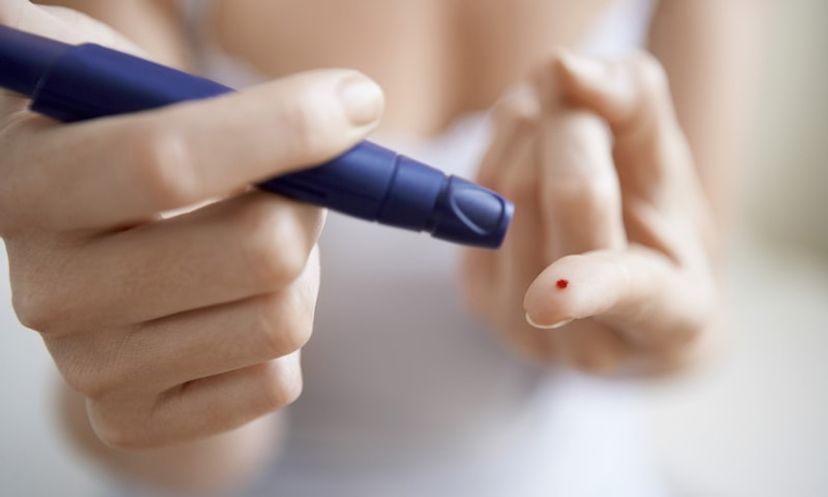
About This Quiz
Diabetes is a feared word, and with good reason; annually large numbers of persons are diagnosed as diabetic and many more have been on the roller coaster of monitoring and controlling their blood sugars for a number of years. Diabetes is not simply one big bad disease that someone who does not live a healthy lifestyle can get. There are actually, three recognized types of diabetes, namely type I, type II and gestational.
In type I diabetes, the body is basically attacking its own cells thinking that they are the enemy. This causes the pancreas to be unable to produce insulin which is the hormone that turns the sugar from our food to energy. In the second type, the cells are not under siege, rather they are present and actively producing insulin, but the body cannot recognize in order to begin breaking down glucose. While diabetes can go on unnoticed for some time, symptoms may include frequent and excessive thirst, increased hunger or insatiability, headaches, fatigue and unexplained weight loss.
While it is incurable, this malady is not a death sentence. With proper diet, a more active lifestyle, and pharmaceutical intervention, one can live like they do not have diabetes. But do you know enough about the disease to prevent it or manage it? Let's find out!
Advertisement
Advertisement
Advertisement
Advertisement
Advertisement
Advertisement
Advertisement
Advertisement